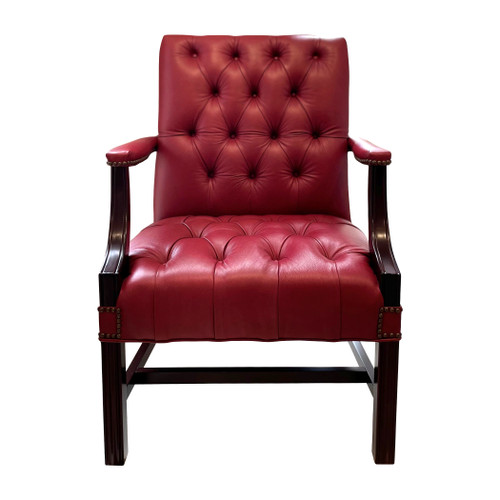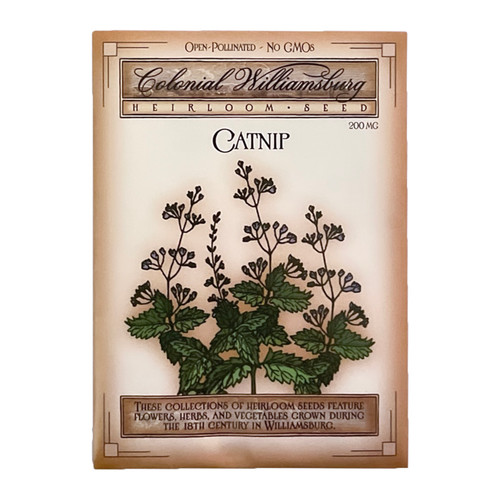Product Description
Bridging women's history, the history of the South, and African American history, They Were Her Property makes a bold argument about the role of white women in American slavery.
Historian Stephanie E. Jones-Rogers draws on a variety of sources to show that slave owning women were sophisticated economic actors who directly engaged in and benefited from the South's slave market. Because women typically inherited more slaves than land, enslaved people were often their primary source of wealth. Not only did white women often refuse to cede ownership of their slaves to their husbands, they employed management techniques that were as effective and brutal as those used by slave owning men. White women actively participated in the slave market, profited from it, and used it for economic and social empowerment.
By examining the economically entangled lives of enslaved people and slave owning women, Jones-Rogers presents a narrative that forces us to rethink the economics and social conventions of slaveholding America.
Softcover Paperback, 320 pages, ISBN 9780300251838.
Awards for They Were Her Property
- Winner of Lapidus Center for the Historical Analysis of Transatlantic Slavery 2020 Harriet Tubman Prize
- Winner of the Los Angeles Times 2019 Book Prize in History
- Winner of the Southern Association for Women's Historians 2020 Julia Cherry Spruill Prize for the best book in southern women's history
- Winner of the Southern Historical Association 2020 Charles S. Sydnor Award for the best book in southern history published in an odd-numbered year
- Winner of the Society for Historians of the Early American Republic 2020 Best Book Prize
- Winner of the Organization of American Historians 2020 Merle Curti Social History Award for the best book in American social history
About the Author
Stephanie E. Jones-Rogers is associate professor of history at the University of California, Berkeley and the Chancellor's Professor of History, 2021-2024. She is the Director, African and African-American History Writer's Workshop and is the winner of the 2013 Lerner-Scott Prize for best doctoral dissertation in U.S. women's history.














